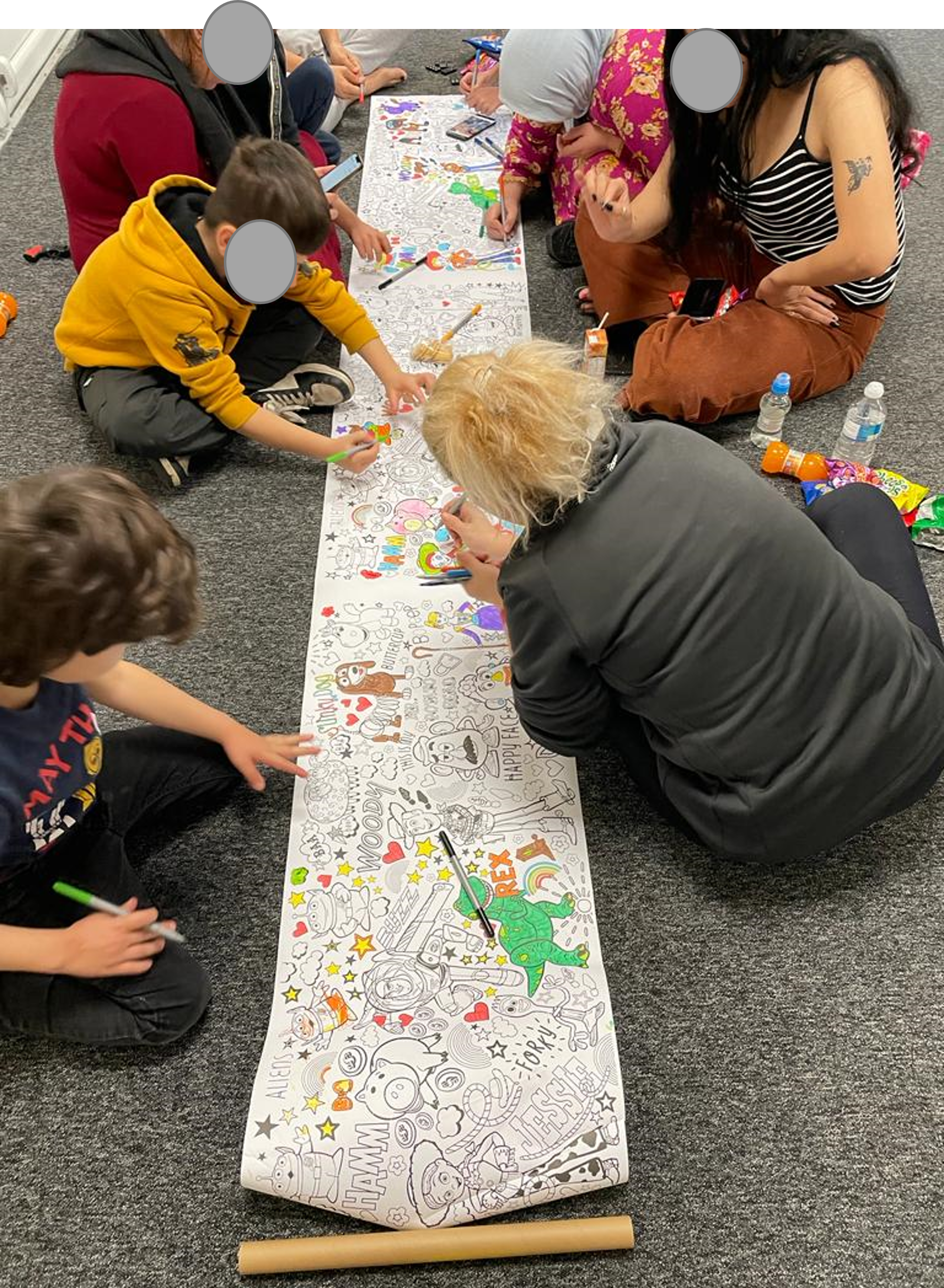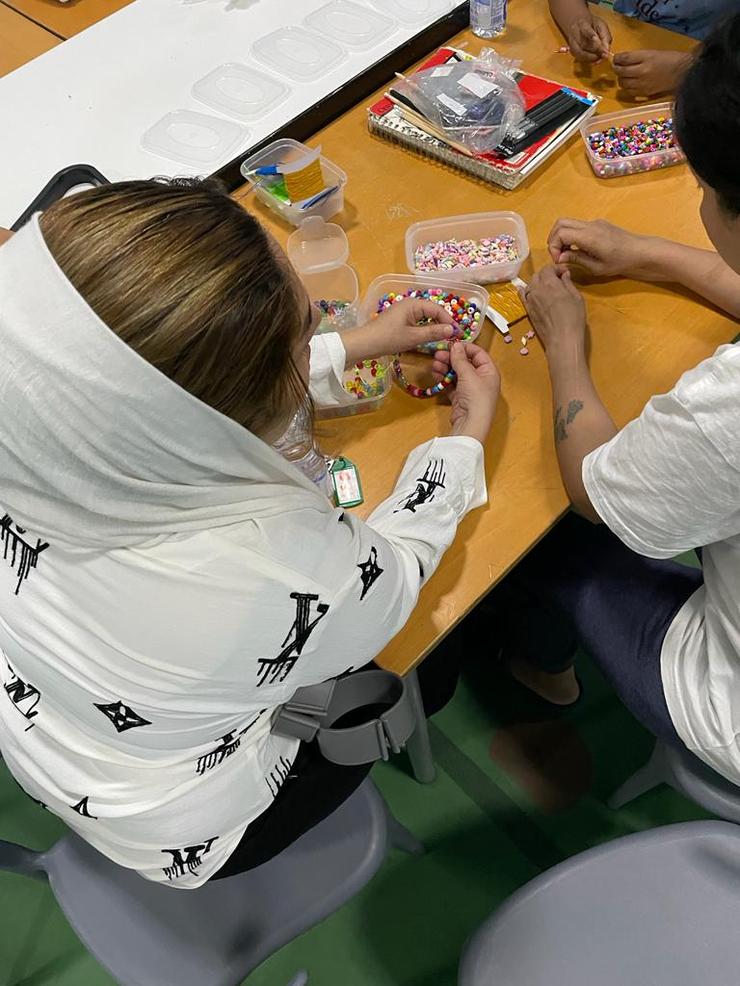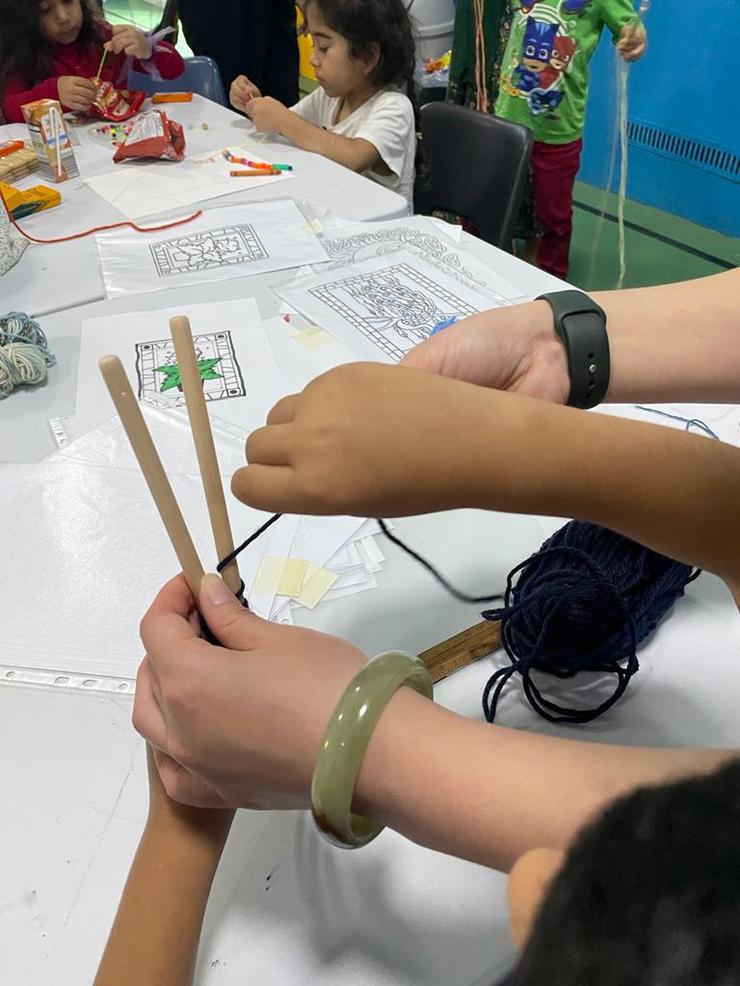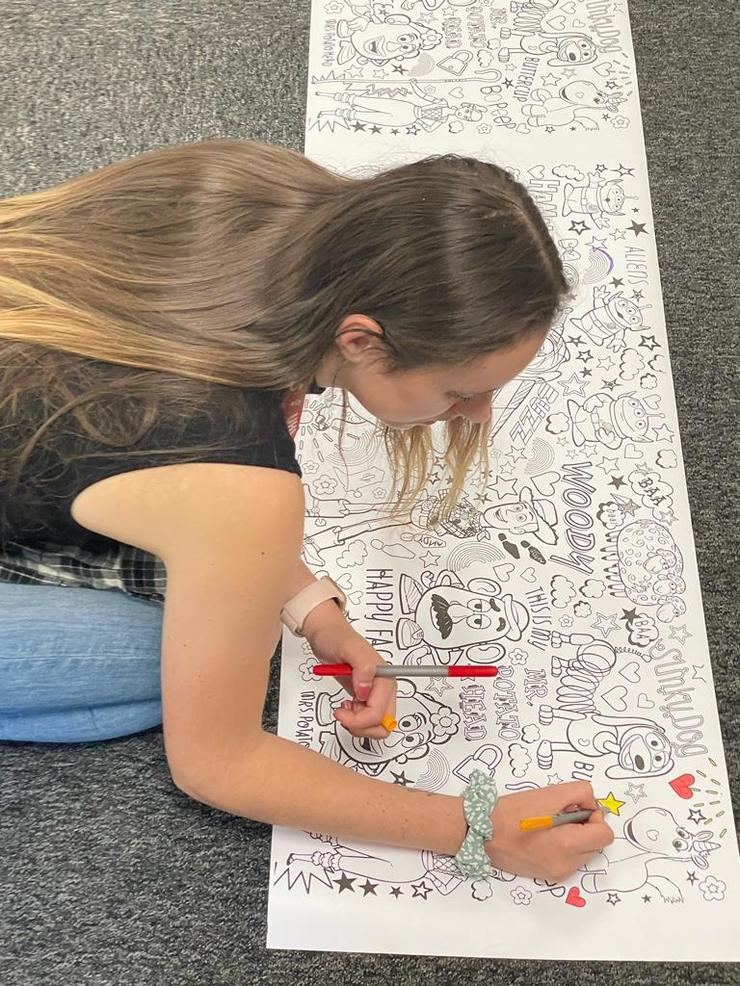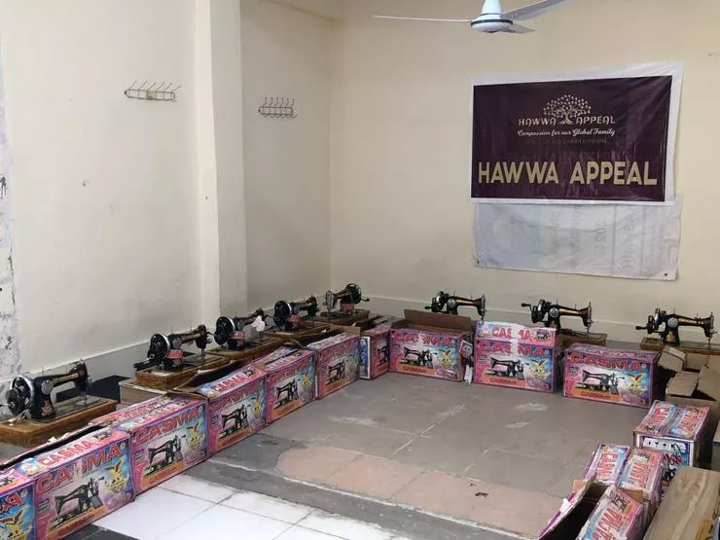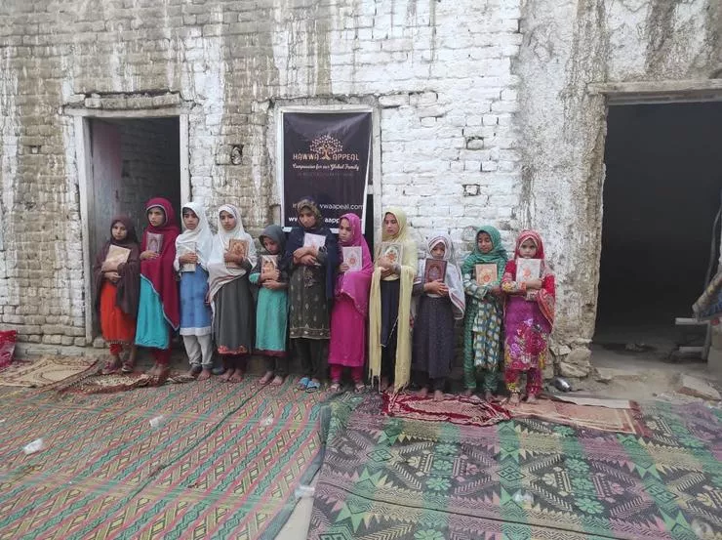research
The link between women empowerment & Prosperity
There is evidence to suggest that poverty can be a barrier to women's empowerment and that empowering women can contribute to the reduction of poverty.
One study found that increasing women's control over household resources, such as income and assets, is associated with improved child health, education, and nutrition outcomes, as well as reduced fertility rates and infant mortality.
Additionally, research has shown that women who are economically empowered are more likely to have a greater say in household decision-making and are less likely to experience gender-based violence.
On a larger scale, empowering women and promoting gender equality can also contribute to economic growth and development. A study by the International Monetary Fund found that closing the gender gap in labor force participation could increase GDP per capita in advanced economies by 5%, and in emerging and developing economies by 35%.
Overall, there is evidence to suggest that addressing poverty and empowering women are interconnected issues that can have a positive impact on individuals, families, and communities.
How to Increase Literacy & Skill within women in developing nations
There are a number of ways that literacy and skill levels can be increased among women in developing countries, including:
Providing access to education: One of the most effective ways to increase literacy and skill levels is by providing women with access to education. This can be done through initiatives such as building schools, providing scholarships, and offering teacher training programs.
Promoting adult literacy programs: Adult literacy programs can help women who did not have the opportunity to attend school or who have limited reading and writing skills to improve their literacy and skill levels. These programs can be delivered through community centers, libraries, or other public spaces.
Encouraging girls' education: Investing in girls' education is an important way to increase literacy and skill levels among women in the long term. Girls who are educated are more likely to have higher literacy and skill levels as adults, and they are also more likely to pass these skills on to their children.
Providing vocational training: Vocational training programs can help women develop specific skills that are in demand in their local economies, which can lead to increased economic opportunities and independence.
Supporting small businesses: Supporting small businesses owned by women can help increase their economic independence and also improve their literacy and skill levels through on-the-job training and experience.



